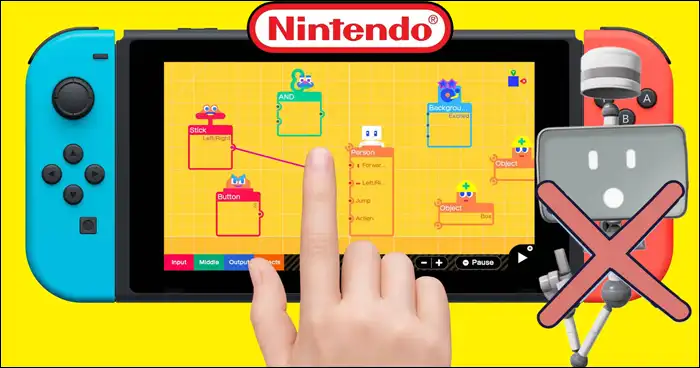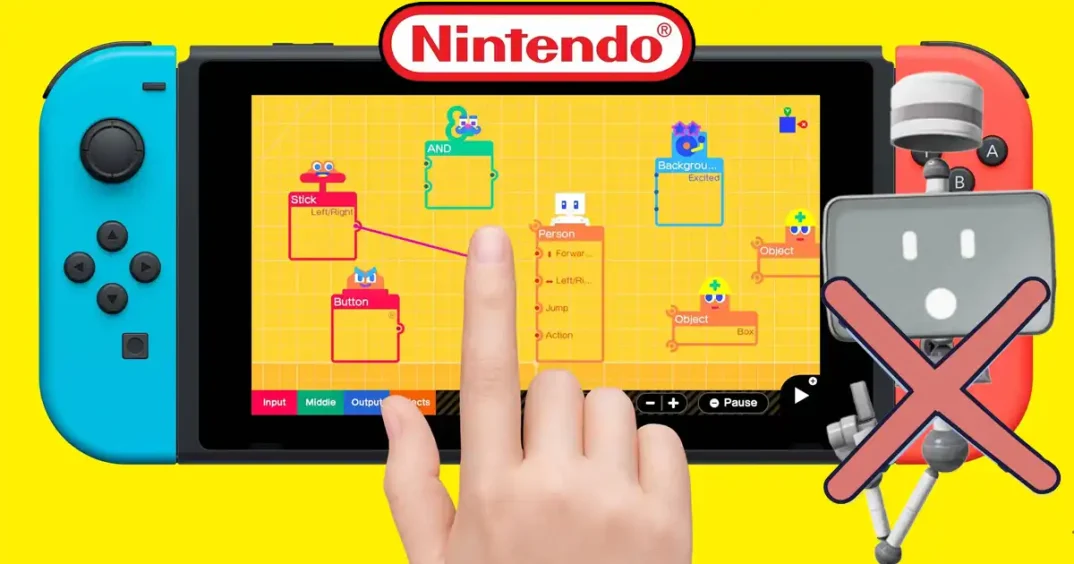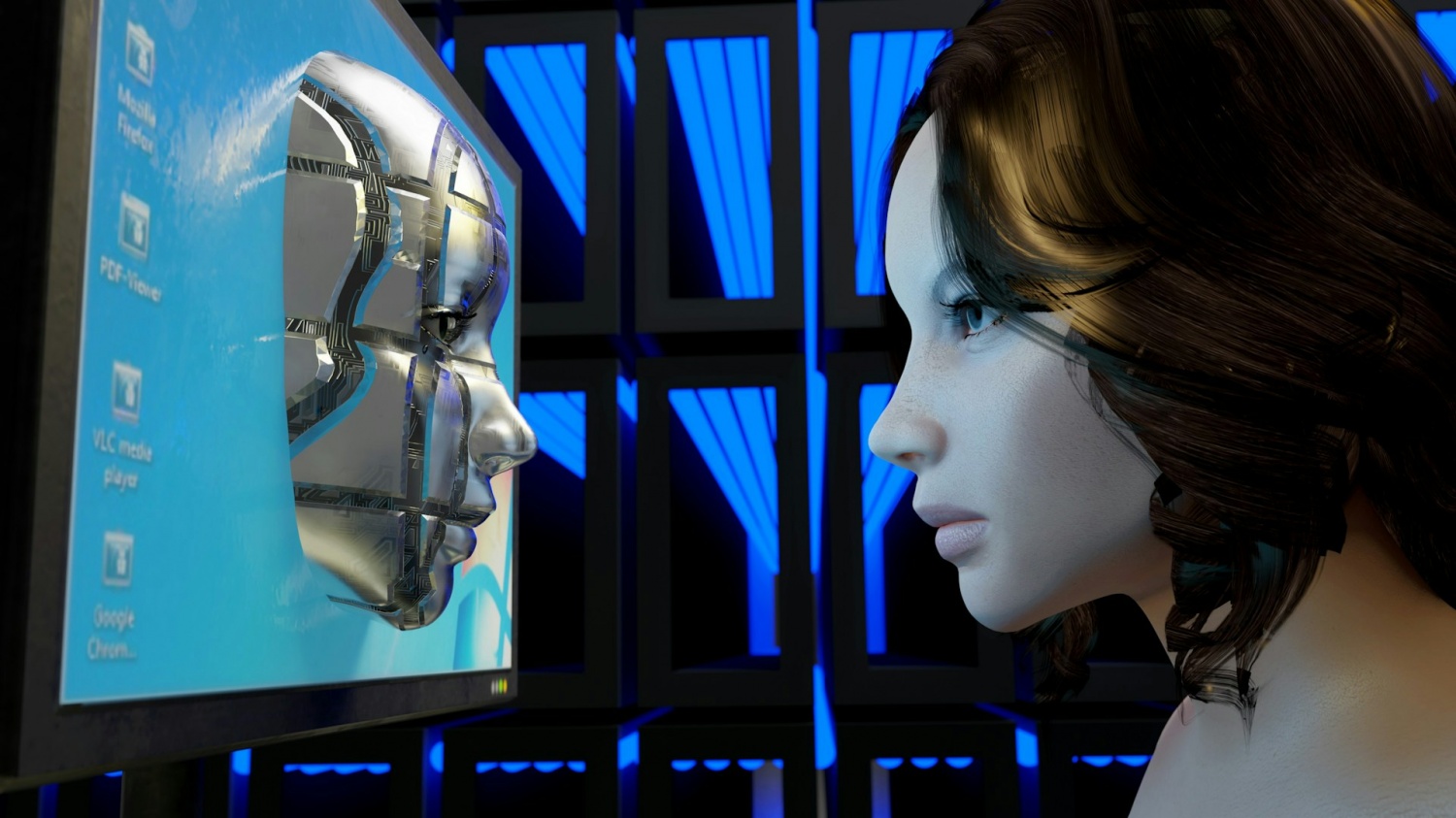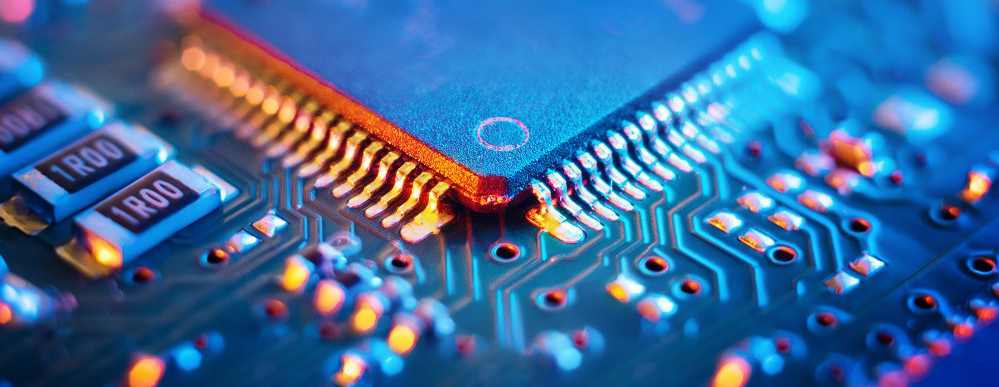
2024 has been a rough year for the game industry considering all the layoffs that have happen thus far. It would seem that some developers are considering embracing Generative AI in place of human workers in hopes of cutting costs. To be fair, developing games in 2024 has become an unbelievably expensive venture.
Nintendo President Shuntaro Furukawa recently participated in an investor-focused Q&A where he revealed Nintendo’s plans to produce a sufficient number of Nintendo Switch 2 units (assuming that’s what the next console is called) in order to combat scalping. As it turns out, Furukawa also commented on the usage of Generative AI for game development. A translation of what was said has been provided by TweakTown.
“Generative AI, which has been a hot topic in recent years, can be more creative, but we also recognize that it has issues with intellectual property rights,” stated Furukawa. “We have decades of know-how in creating optimal gaming experiences for our customers, and while we remain flexible in responding to technological developments, we hope to continue to deliver value that is unique to us and cannot be achieved through technology alone.”
“While we remain flexible in responding to technological developments, we hope to continue to deliver value that is unique to us and cannot be achieved through technology alone.” – Shuntaro Furukawa
According to rumored specs, the Nintendo Switch 2 will make use of Nvidia’s DLSS upscaling technology. Effectively, DLSS is a neural graphics technology that uses artificial intelligence to generate frames between existing frames as a way of cheaply increasing frame rates.
Of course, DLSS and Generative AI aren’t the same thing, though they both use deep learning neural networks. Generative AI is generally seen as being a morally and legally gray technology due to how it effectively copies from human labor.
Fortunately for Nintendo, the Switch has been a huge success for them being that it was able to reach 141.32 million units sold since its release back in 2017, marking it as the third best-selling gaming device ever after the Nintendo DS (154.02 million units) and the PlayStation 2 (155 million units). This success couldn’t have come at a better time considering how the Wii U failed to meet expectations being that it only sold around 13.56 million units throughout its lifetime.
Regardless, it would appear that Nintendo still intends to rely on their game producers and human labor to produce their first-party titles for the foreseeable future. For the Super Smash Bros. series, Nintendo would likely want Masahiro Sakurai and possibly Bandai Namco’s Studio 2 & Studio S to continue the series after the massive success of Super Smash Bros. Ultimate.




